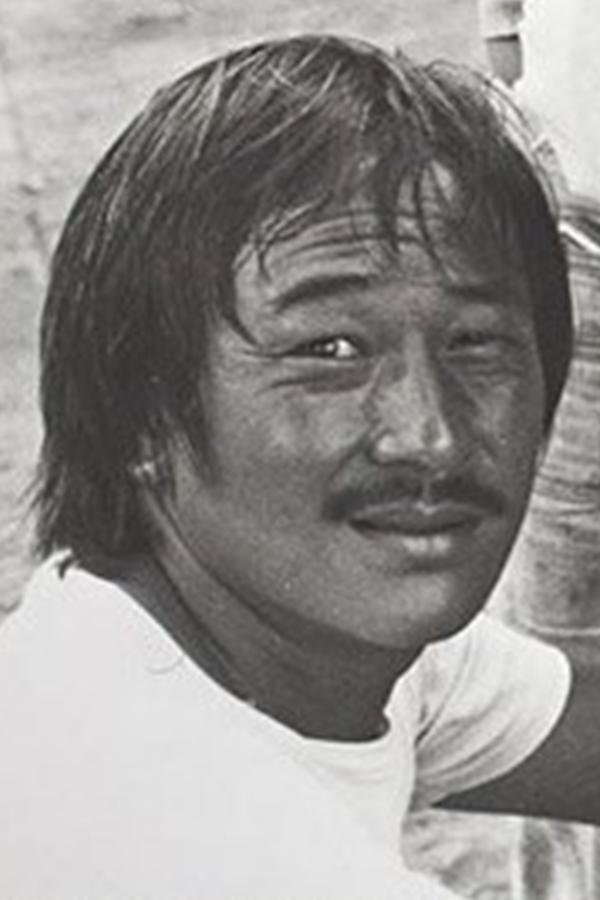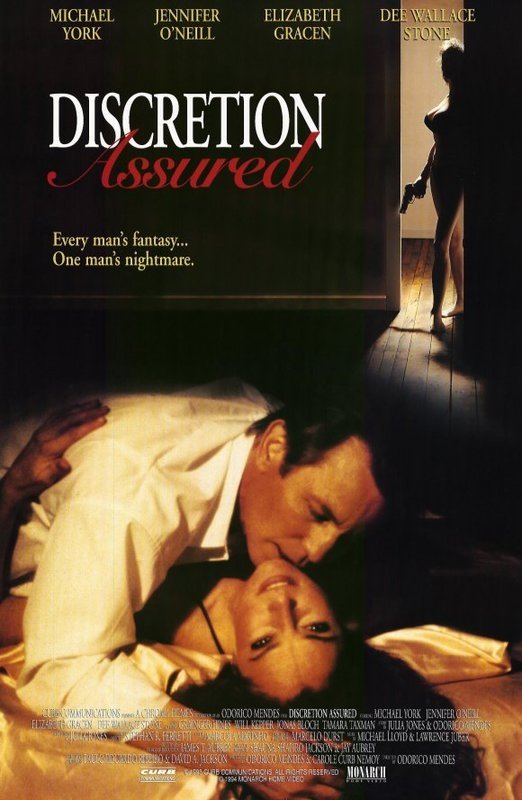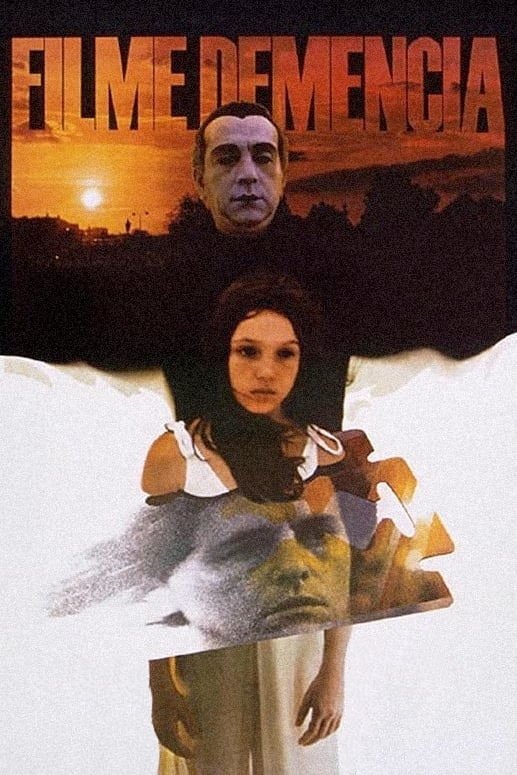

Three American businessmen have a problem with their Brazilian company: someone is embezzling millions of dollars. Michael is having an affair with Frank's wife Paige, but wants to end it. Paige is not so accommodating, and causes trouble with Michael's wife Kitty and his new interest, local artist Miranda. When someone is murdered Michael becomes a suspect, and must try to find the murderer and catch the embezzler while sorting out the wreckage of his personal life.

Transposition of the myth of Faust to modern Brazil. The heir to a bankrupt cigarette factory, amidst a personal crisis, leaves everything behind and heads for a supposed paradise he has seen in a tourist agency, where he believes he could find self-knowledge. In his search, he is inspired by a Mephisto-like character.
Chien Lien Tu, best known by his stage name John Doo, was a Chinese-Brazilian filmmaker, director of photography screenwriter, producer, and occasional actor. Doo was part of a recurring team of filmmakers, actors and producers in São Paulo's "Boca do Lixo", a downtown square that became a pole of production and distribution of erotic and pornographic films. Among the highlights of his career are partnerships with David Cardoso and Ody Fraga, the three of them collaborating in a series of anthology erotic films. Born in Chongqing, China in 1942, Doo moved with his family to Brazil, at age 8, and in 1963 got his first professional gig in Brazilian cinema, working as continuity supervisor in Amacio Mazzaropi's "O Cabeleira". He would go on to be assistant director in Mazzaropi's "O Puritano da Rua Augusta" (1965). He had his directorial debut with 1978's "Ninfas Diabólicas", a mix of erotic and fantasy which would become his trademark style. Among his best known works are "O Gafanhoto" (an episode of the 1981 anthology film "Pornô!") and "O Pasteleiro" (a segment of 1981's "Aqui, Tarados!). By the late 1980s Doo had given up filmmaking, but continued to appear as an actor in features by a number of Brazilian directors, such as Carlos Reichenbach's "Filme Demência" (1986), Ruy Guerra's "A Ópera do Malandro" (1986), and Guilherme de Almeida Prado's "A Dama do Cine Shanghai" (1987). In a coma after suffering from a stroke in 2009, Doo passed away in February, 2012.
By browsing this website, you accept our cookies policy.